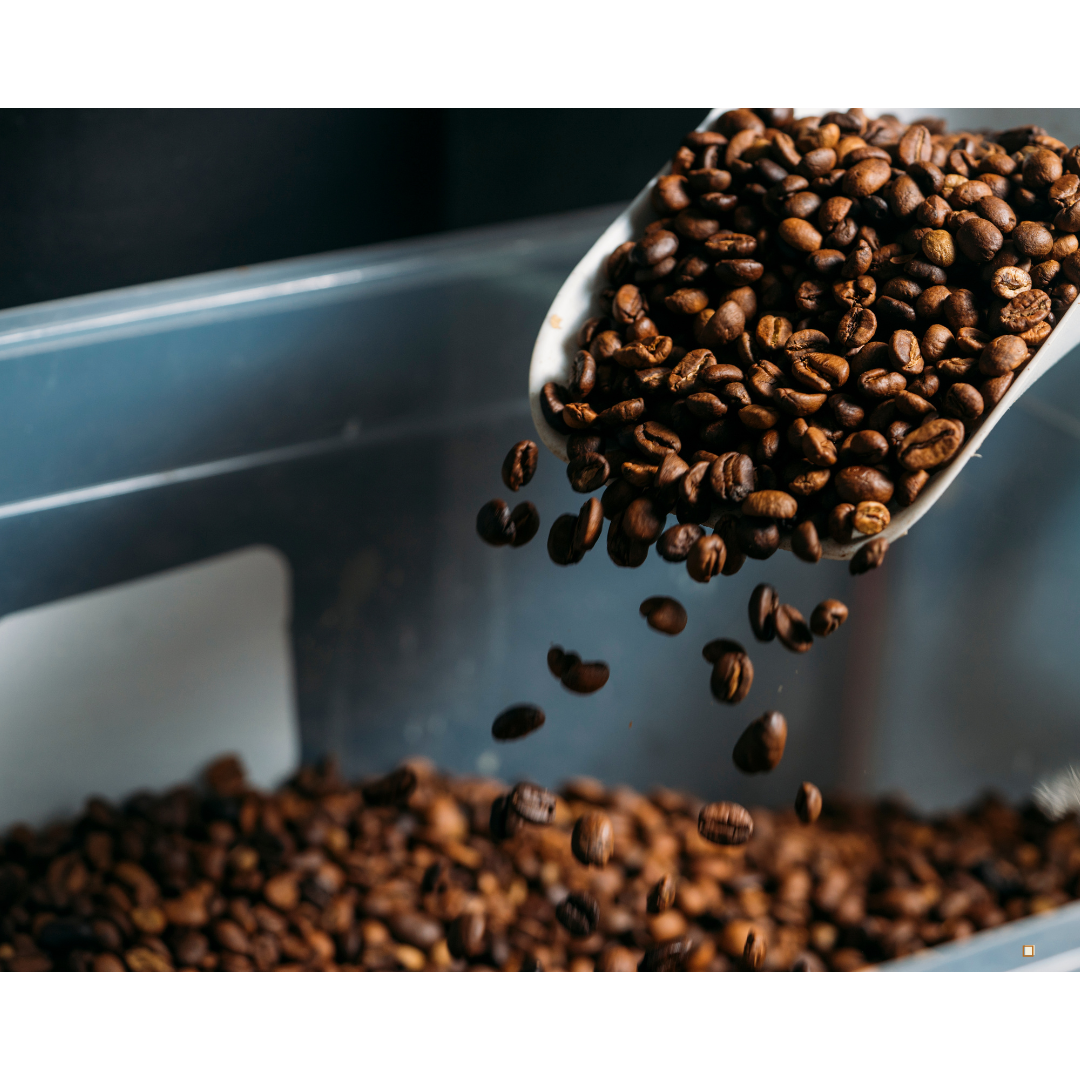
What Sets Whole Bean Decaf Coffee Apart from Regular Coffee?
Whole bean decaf coffee offers a unique experience for those who love the taste of coffee but want to reduce or avoid caffeine. Decaf has come a long way in recent years, with advancements in decaffeination processes preserving the rich, full flavors that coffee enthusiasts crave. For coffee lovers who want the full experience of brewing and grinding fresh beans without the caffeine kick, decaf coffee provides a fantastic option. Here, we’ll explore what sets it apart from regular coffee, from the process of decaffeination to flavor, health benefits, and brewing tips.
Understanding the Decaffeination Process
The biggest difference between decaf coffee and regular coffee lies in the decaffeination process. While regular coffee beans are simply harvested, processed, and roasted, decaf beans go through an additional step to remove most of the caffeine. This is typically done using one of three main methods:
- Swiss Water Process: A popular, chemical-free method that uses water to extract caffeine. The beans are soaked in hot water, which dissolves the caffeine. The water is then filtered through activated charcoal to remove the caffeine, and the beans are reintroduced to the now caffeine-free water to reabsorb flavors. This process is known for preserving the beans' natural flavors and is preferred by many for its clean, chemical-free approach.
- CO₂ Process: Another chemical-free method, this process uses carbon dioxide under high pressure to dissolve and remove caffeine from the beans. After the CO₂ absorbs the caffeine, it’s released, leaving behind caffeine-free beans. The CO₂ process is efficient and gentle on the beans, which helps maintain flavor integrity.
- Solvent-Based Processes: In this method, a solvent such as ethyl acetate or methylene chloride is used to strip caffeine from the beans. While effective, these methods can sometimes impact the flavor, which is why many premium decaf options avoid this approach. However, solvent-based processes remain popular because they’re cost-effective.
Each of these decaffeination methods affects the flavor and quality of the beans to some extent. Many decaf coffee lovers prefer Swiss Water Process decaf, as it’s seen as one of the best methods for retaining the beans' original flavors. Ultimately, the process used can impact the taste, aroma, and overall quality of the decaf coffee.
Flavor Profile and Aroma
One common misconception about decaf coffee is that it lacks the rich flavor and aroma of regular coffee. While it’s true that the decaffeination process can remove some compounds along with the caffeine, high-quality decaf beans retain much of their natural flavor profile. When decaf coffee is made from premium beans and processed with care, it can taste just as bold and complex as regular coffee.
In fact, many coffee enthusiasts find that decaf offers a cleaner, milder taste that highlights the beans' subtle flavors. Without the caffeine, which can add a slightly bitter edge, decaf coffee allows for a smoother, more nuanced experience. Light and medium roasts, in particular, can bring out bright, fruity, or floral notes in decaf coffee that might otherwise be overshadowed in regular coffee. Dark roasts, on the other hand, are often rich and chocolatey, providing a satisfying depth and robustness.
Health Benefits and Reduced Caffeine Content
One of the main reasons people choose whole bean decaf coffee over regular coffee is to reduce their caffeine intake. While caffeine can have stimulating effects and benefits, such as improved focus and energy, it may also contribute to issues like insomnia, anxiety, and digestive discomfort for some individuals. Decaf coffee offers a solution, providing the same sensory experience as regular coffee without the stimulating effects of caffeine.
Studies show that decaf coffee retains many of the antioxidants found in regular coffee, which can support heart health, protect against inflammation, and promote overall wellness. It’s also gentler on the stomach, making it a great choice for those who experience acid reflux or other gastrointestinal issues with regular coffee. For people who enjoy drinking coffee in the afternoon or evening, decaf allows them to indulge without risking disrupted sleep.
Additionally, decaf coffee is a good option for pregnant women, individuals with caffeine sensitivity, and those looking to reduce their caffeine intake for health reasons. It’s a way to enjoy coffee’s rich flavors without the side effects that come with caffeine.
Brewing Whole Bean Decaf Coffee
To get the best flavor out of whole bean decaf coffee, it’s essential to pay attention to your brewing method and grind size. Whole bean coffee allows for a fresher taste because grinding just before brewing releases the full flavor potential of the beans. When it comes to decaf, the same principles of regular coffee brewing apply, but there are a few extra tips to consider:
- Adjust the Grind: Decaf beans can sometimes be slightly denser due to the decaffeination process. You may need to adjust your grinder slightly to get the right grind consistency. For drip coffee, use a medium grind; for French press, go for a coarse grind; and for espresso, choose a fine grind.
- Experiment with Brew Time and Temperature: Decaf coffee often benefits from slightly cooler water (around 195°F instead of 200°F) to avoid over-extraction, which can make the coffee taste overly bitter. A brewing time of around 4 minutes is generally a good starting point, but you can adjust based on your preferred taste.
- Consider the Roast Level: Light roasts bring out brighter, more acidic flavors, while dark roasts provide a deeper, more robust taste. Since decaf coffee can sometimes have a milder flavor, selecting a roast that aligns with your preferences will help you enjoy a satisfying cup.
Choosing the Right Whole Bean Decaf
With so many options available, choosing the right whole bean decaf coffee can make all the difference in taste and satisfaction. Look for coffee that has been decaffeinated using a high-quality process, such as the Swiss Water Process, which retains the beans' natural flavors without the use of chemicals. Single-origin decaf beans from reputable regions like Colombia, Ethiopia, or Sumatra can provide unique flavor profiles that elevate the decaf experience.
At Frontier Coffee Roasters, we’re committed to providing exceptional decaf options for our customers. Our whole bean decaf coffee is expertly roasted to highlight the natural flavors of each origin. Whether you prefer a light, fruity profile or a dark, full-bodied taste, our decaf offerings bring the quality and richness of regular coffee without the caffeine. So, if you’re looking for a premium decaf experience, Frontier Coffee Roasters has just the right beans to meet your needs.

